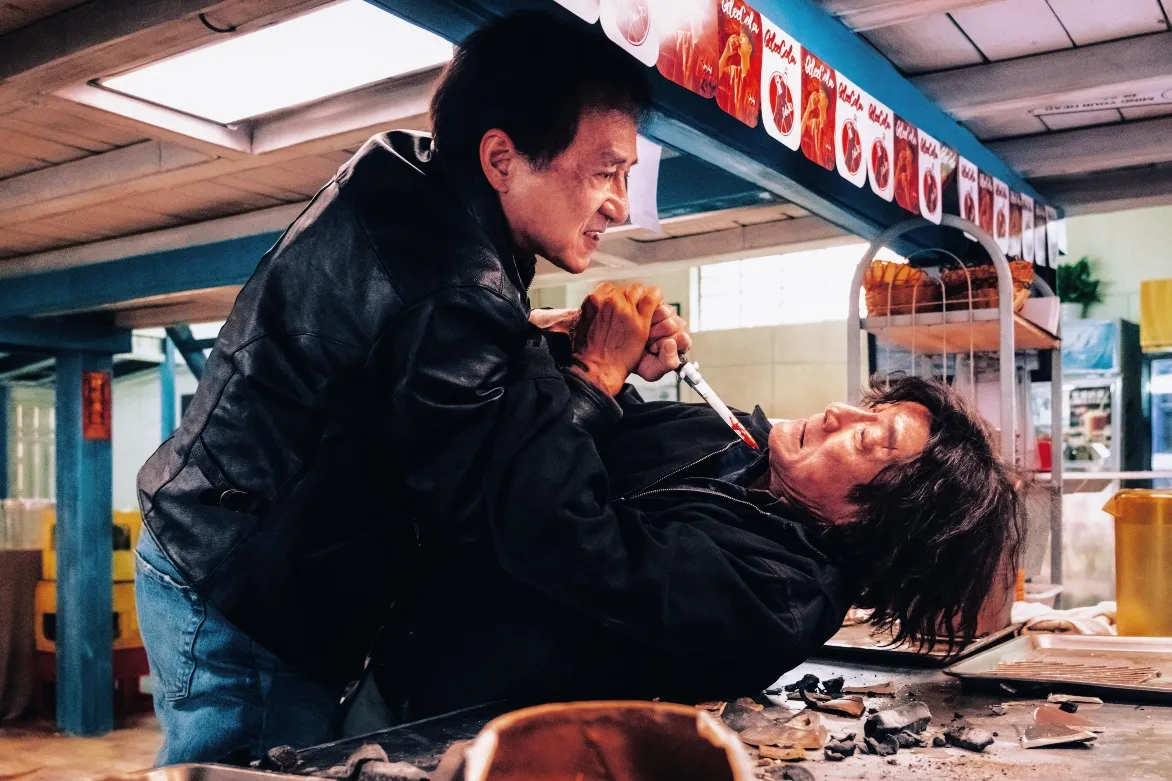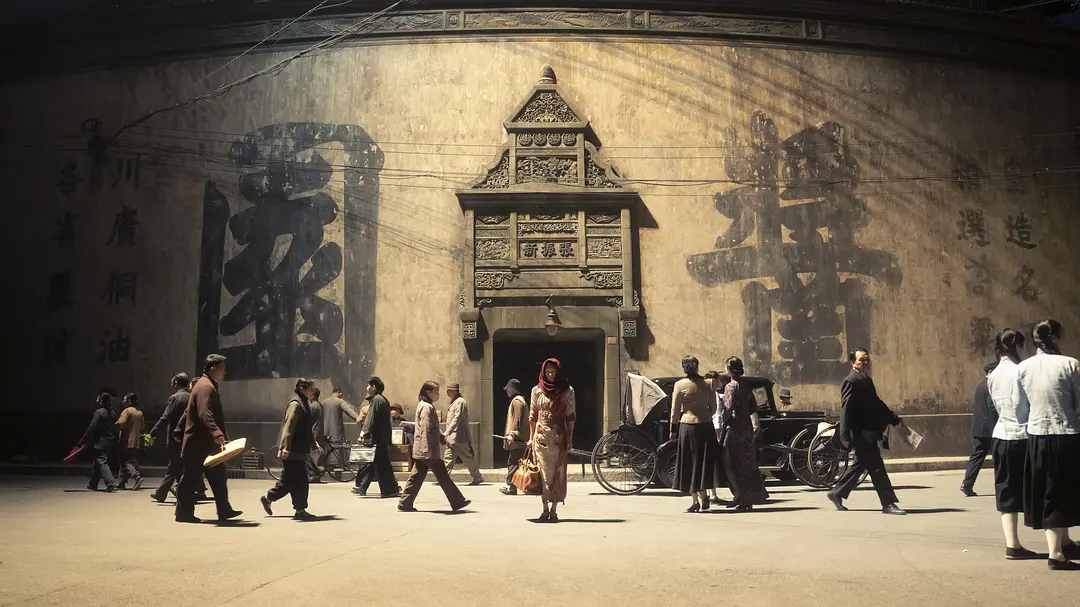Alternative Visual Archive is a RADII column that spotlights Chinese films that interrogate ‘otherness’ and/or strive for alternatives to mainstream narratives. This month, we introduce ‘The Old Town Girls’ ahead of its U.S. video-on-demand debut.
At a time when the rumble of machinery has become an anachronism in hyper-digitized China, some film directors have intentionally zeroed in on the country’s obsolete industrial landscapes. If Wang Bing’s ambitious nine-hour-long documentary Tie Xi Qu: West of the Tracks (2002) is one of the pioneering articulations on the matter, Yu Shen’s directorial debut, The Old Town Girls (2020), is the latest endeavor to tell a story against this background. Expect a potpourri of family melodrama and crime.
The desolate industrial landscape in the film is an allegory for the story as a whole. The film, based on a true story, revolves around a left-behind teenage girl and her abandonment issues. The introverted high schooler, Shui Qing (played by Li Gengxi), lives with her father and nonchalant stepmother in an industrial town in China’s southwestern province of Sichuan.

Alienated from her family, she is emotionally dependent on her precocious best friend, who behaves like a mother figure. Shui’s melancholic yet tranquil life is soon disrupted by a surprising visit by her mother, Qu Ting (acted by Wan Qian), who had abandoned her infant daughter to pursue a professional dancing career in the more economically promising city of Shenzhen.
[Editor’s Note: Spoilers ahead; you’ve been warned!]
Qu’s sudden appearance is no accident: she is knee-deep in debt and is pursued by a thuggish loan shark. She exploits Shui’s loneliness and floats the idea of holding one of her daughter’s affluent classmates for ransom.

Despite not being an exceptionally orchestrated crime drama, The Old Town Girls skillfully depicts the mother-daughter relationship — a subject matter that often appears in East Asian cinema. However, Qu is not the stereotypically manipulative Asian mom, as rendered in films such as Everything Everywhere all at Once (2022). She is attractive, mysterious, and capricious.
However, she lacks morals, is irresponsible (heartlessly leaving her infant), coquettish (she flirts with her daughter’s male classmate), and absolutely ruthless.

Nevertheless, Shui still gravitates toward her mother, regardless of her 16-year-long absence, which seemingly defies explanation. The maternal love she has sought for so long is too overpowering and leaves no room for hesitation. Out of unconditional love for her mother, Shui unflinchingly defends her mother when confronted by the usurer and even complies with her mother’s wicked plans.
However, the duo is not adept at committing crimes and accidentally kills the hostage. The most visceral scene in the film follows: Both mother and daughter attempt to take the fall and convince the other to extricate herself from their troubles. This emotional scene becomes even more sentimental when Qu admits to having abandoned her daughter and family.
In case you were wondering, the real-life events were way more distressing than in the screenplay. The mother and daughter’s confessions at the police station respectively took six and eight-and-a-half hours. Furthermore, for fear of losing her mother again, the teenage girl spared no effort at concealing matters and protecting her parent. Just as the truth was about to be unearthed, the mother tried to blame her daughter for the felony.

As Yu’s directorial debut, The Old Town Girls is definitely not run-of-the-mill. It weaves themes of morality, family, betrayal, and alienation into a crime thriller that is both melodramatic and grim. That being said, pigeonholing the film into the thriller genre is a mistake. You’d likely be highly disappointed if you were expecting a cliffhanger of a crime movie, as the plot is straightforward at best and simplistic at worst.
Yet, it excels at its cinematography — the handheld camerawork makes the storytelling vivid and intimate. The deliberate choice of rendering the urban space in an ill-lit, monotonous manner is perfectly in sync with the film’s gloomy mood.

By setting the story in a hilly, decaying industrial city (versus the livelier city of Nanjing, where the original incident happened), the director successfully positions the doleful family drama vis-à-vis a disconsolate location. This artistic choice means to suggest that, like the city hemmed in on all sides by mountains, the relationship between Shui and Qu is doomed to be entangled in all sorts of trouble.
This dysfunctional and abnormal mother-daughter relationship is undoubtedly eulogized in The Old Town Girls, a topic that can easily rile China’s hard-nut-to-crack media watchdog. By including a disclaimer before the closing credits, which appeals for more care towards adolescents while condemning the duo’s misconduct, the film avoids clashing with socialist values and received the green light from the relevant film licensing bureau.
The Old Town Girls was theatrically released in China in 2020 and will receive its video-on-demand release in the U.S. on December 23.
All images via Cheng Cheng Films











